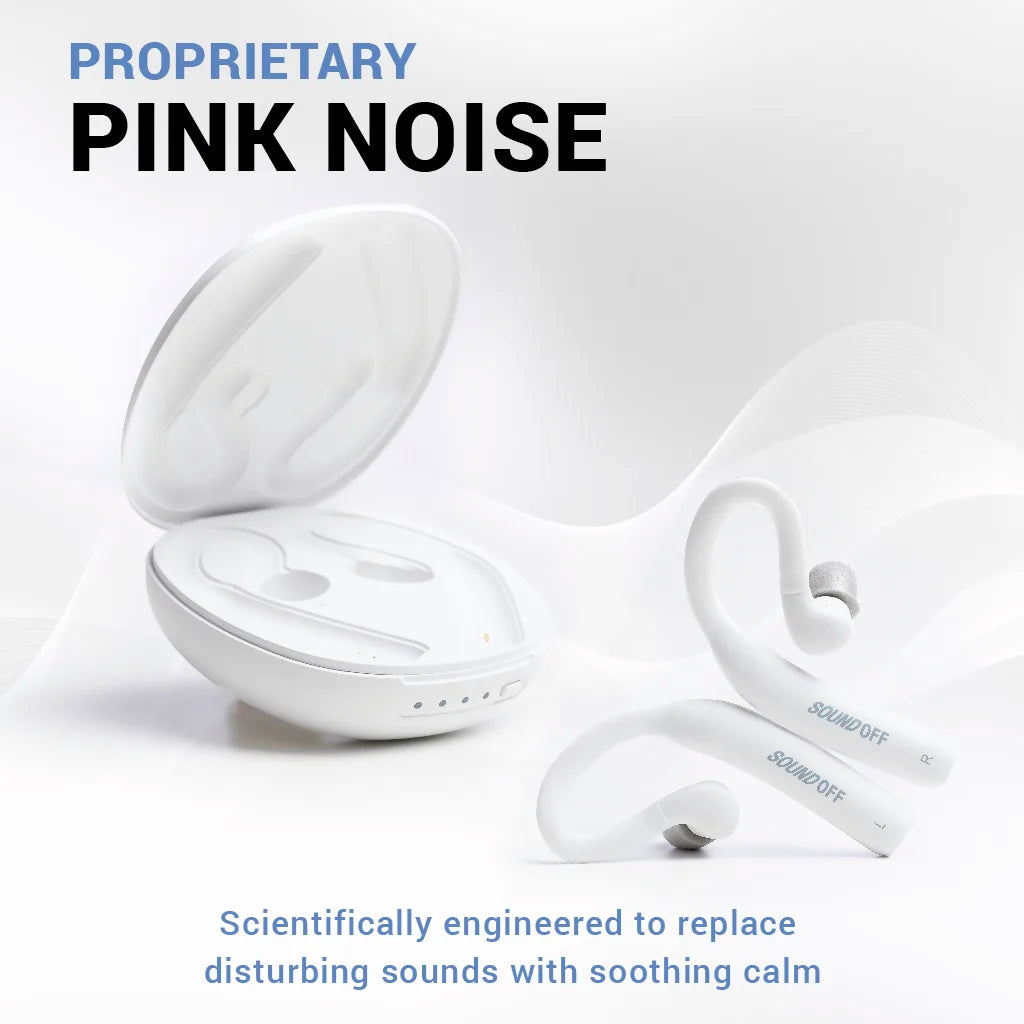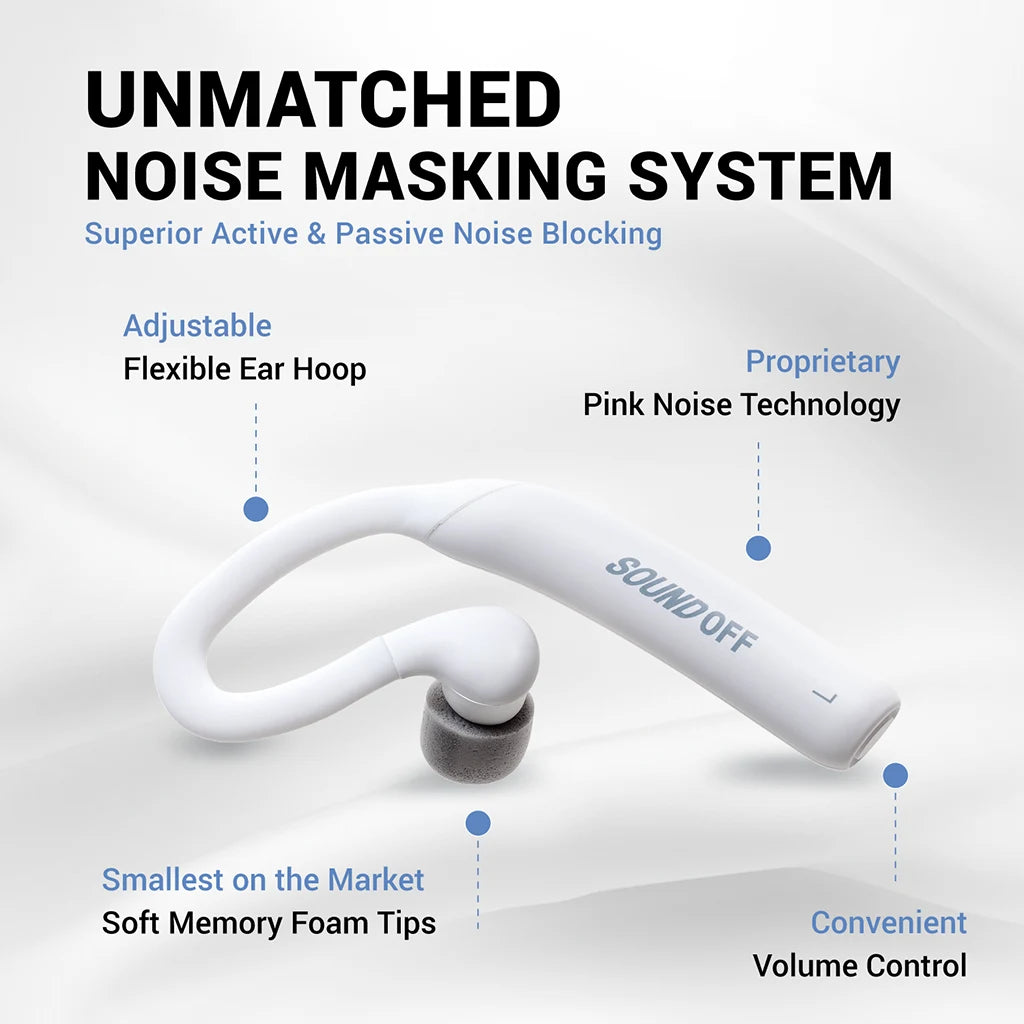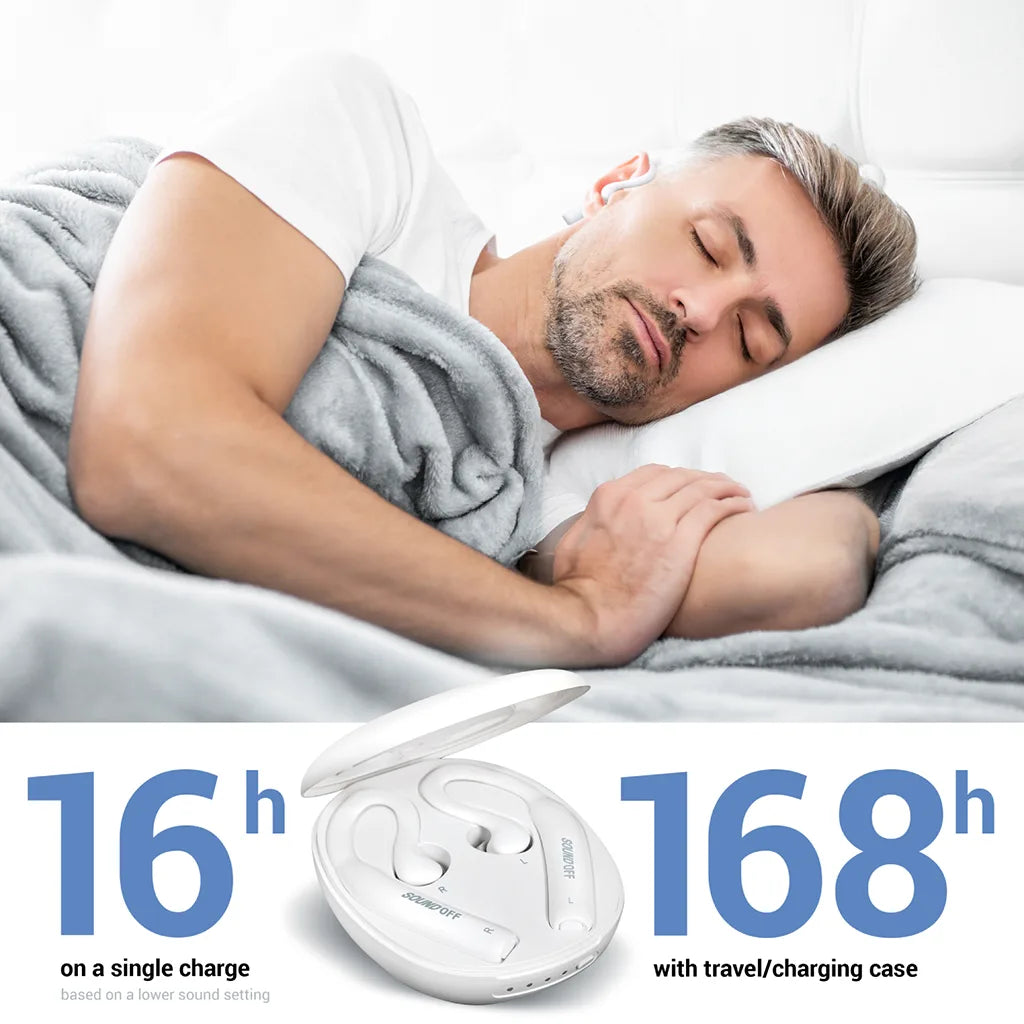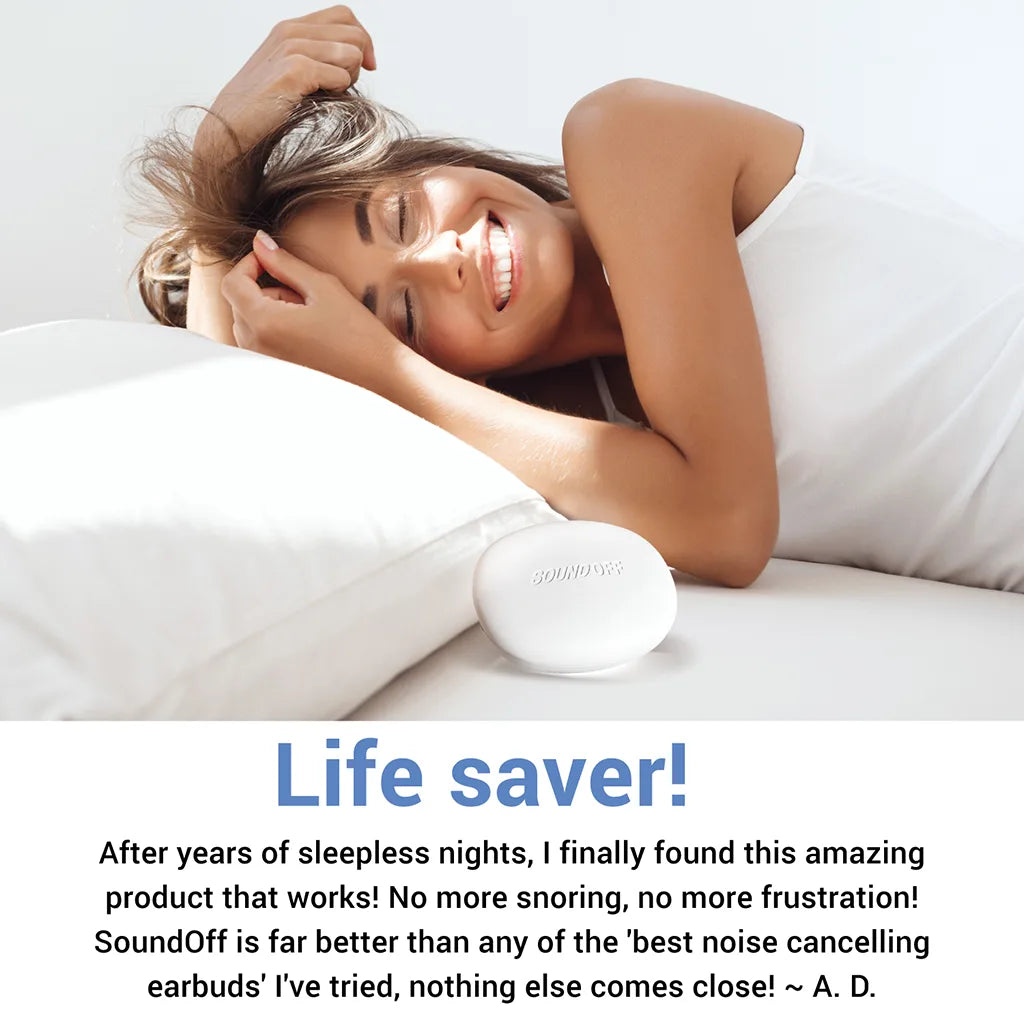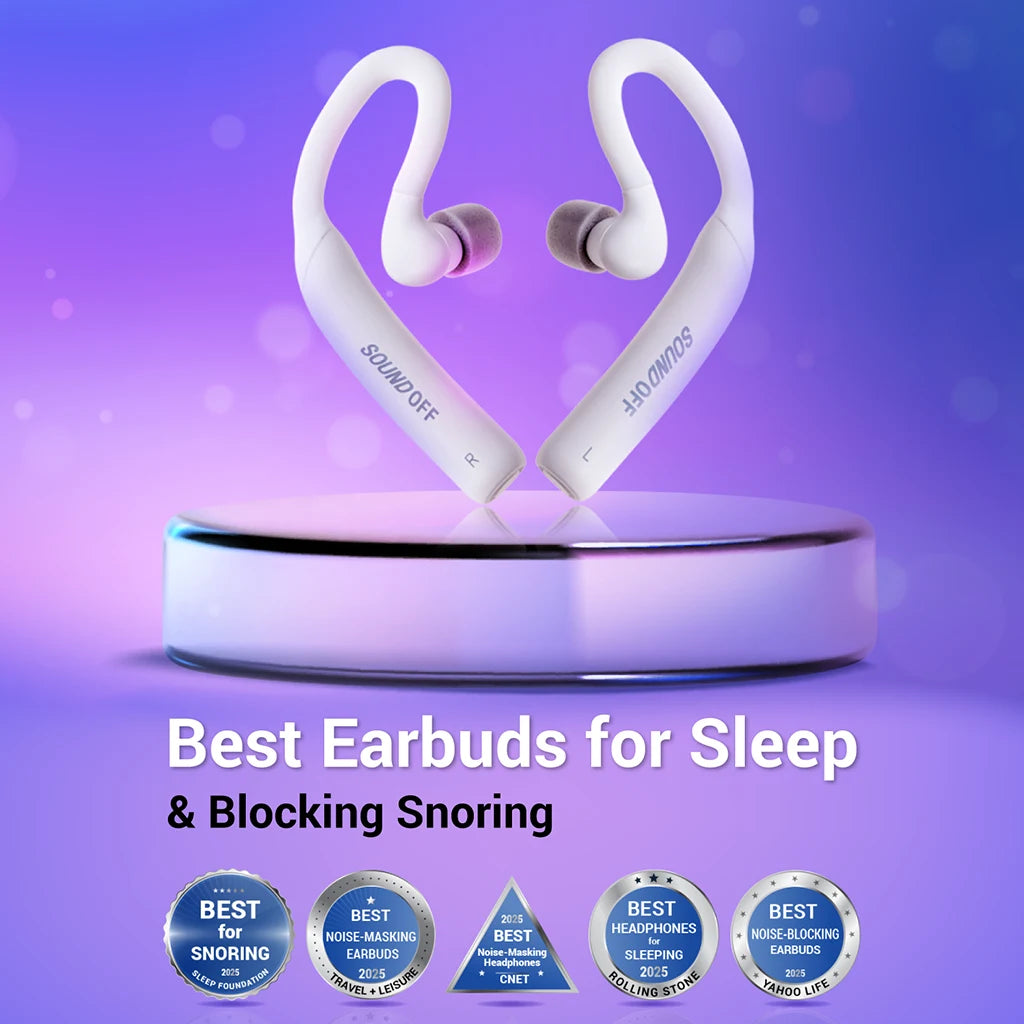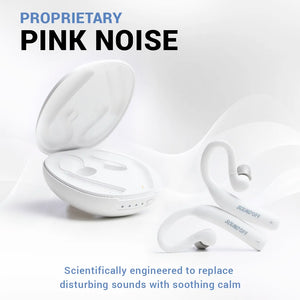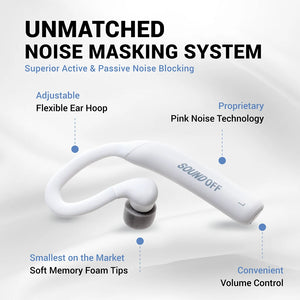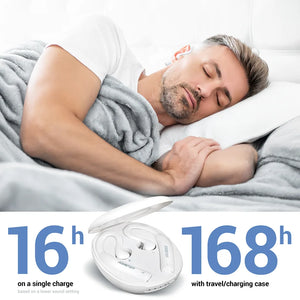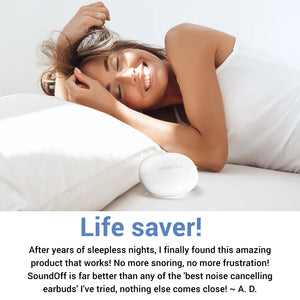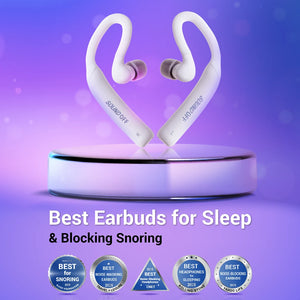
Table of Contents
As we start out 2024, a year of new beginnings and healthier choices, it's important to understand the complex role alcohol plays in our lives, particularly its impact on sleep. Whether it's a resolution to improve sleep quality or to moderate alcohol consumption, understanding these dynamics is key to a healthier start in the new year.
Quick Summary
Understanding Alcohol's Role: Recognized as a depressant of the nervous system, alcohol is known for its sedative properties that initially bring relaxation. However, it's crucial to note that alcohol significantly disrupts sleep cycles and deteriorates sleep quality.
Individual Responses: The impact of alcohol on sleep varies from person to person. Key factors influencing this include the quantity of alcohol consumed and the rate of consumption.
Long-Term Effects: Habitual alcohol consumption can lead to persistent sleep disturbances and disorders, such as sleep apnea.
Alcohol's Dual Nature: While it can induce sleepiness and relaxation due to its central nervous system depressant nature, alcohol also links to poor sleep quality and duration, particularly in excess. Those with alcohol use disorders often struggle with insomnia.
How Alcohol Influences Sleep: A Closer Examination
The Historical Context: Research into the relationship between alcohol and sleep dates back to the 1930s, revealing intricate dynamics.
Study Insights: A pivotal 2018 2018 study highlighted how different alcohol consumption levels affect sleep quality:
- Low consumption leads to a 9.3% decrease in sleep quality.
- Moderate consumption results in a 24% decrease.
- High consumption sees a significant 39.2% reduction in sleep quality.
Alcohol Metabolism and Its Effects: Once consumed, alcohol is absorbed into the bloodstream, primarily metabolized by the liver. The rate of metabolism, along with factors like age and body composition, plays a significant role in its sleep-related effects.
The Human Sleep Cycle and Alcohol's Impact
REM Sleep Disruption: Drinking alcohol before sleep can suppress REM (Rapid Eye Movement) sleep in the initial sleep cycles. While it may shorten sleep onset and promote deep sleep initially, this leads to an imbalance between deep sleep and REM sleep, diminishing overall sleep quality and potentially shortening sleep duration.
Alcohol and Insomnia: A Troubling Connection
The Challenge of Insomnia: Characterized by difficulty in falling or staying asleep, insomnia is aggravated by alcohol's effect on REM sleep. Those who consume alcohol before bed often find themselves in a cycle of self-medicating with alcohol for sleep, followed by daytime stimulants to combat drowsiness.
Over Drinking and Sleep Quality
The Perils of Drinking Too Much: Regular over drinking – defined as consuming a large amount of alcohol in a short period – has been linked to increased sleep disturbances in various age groups, from adolescents to older adults.
Long-Term Alcohol Use and Sleep Disorders
Building Tolerance: Frequent drinkers often develop a tolerance, leading to increased consumption for initiating sleep. This pattern is especially common in individuals with alcohol use disorders, who report higher incidences of insomnia.
Alcohol and Sleep Apnea: A Detailed Analysis
Sleep Apnea Explained: A disorder marked by abnormal breathing patterns during sleep, sleep apnea is often exacerbated by alcohol consumption, which can relax throat muscles and hinder breathing, contributing to the severity of obstructive sleep apnea (OSA) symptoms.
Addressing Common Queries About Alcohol and Sleep
Does Alcohol Assist Sleep? While it may hasten sleep onset, alcohol generally disrupts the sleep cycle, leading to issues like daytime drowsiness.
Impact of Small Alcohol Amounts: Even modest alcohol consumption can adversely affect sleep quality, though the extent varies individually.
Optimal Time to Cease Drinking Before Sleep: To minimize sleep disturbances, it's advised to stop alcohol consumption at least four hours before bedtime.
Optimizing Sleep Amidst Alcohol Consumption
Understanding the intricate relationship between alcohol and sleep is crucial for maintaining good sleep hygiene. By moderating alcohol intake and being mindful of its timing, individuals can mitigate its adverse effects on sleep, thereby enhancing overall sleep quality and health.
Alcohol Abstinence and Improved Sleep: Insights from U.S. Adults

The Positive Effects of Alcohol Breaks on Sleep Quality
- Widespread Consideration of Alcohol Abstinence: A striking 75% of U.S. adults surveyed have considered or engaged in abstaining from alcohol during January, with 61% of them reporting enhanced sleep quality during these periods.
- Alcohol's Sleep Impact Noted After Moderate Consumption: Approximately 40% of respondents recognize a negative effect on their sleep after consuming 3-4 alcoholic drinks.
- Primary Motivations for Alcohol Breaks: The leading reasons for taking a break from alcohol include better health (53%), financial savings (49%), and improved sleep quality (36%).
Quantifying the Benefits: The Sleep Advantages of Alcohol Abstinence
- General Sleep Improvement: 37% of participants experience a moderate improvement in sleep quality when abstaining from alcohol, while a significant 21% report a substantial enhancement in their sleep.
-
Detailed Sleep Quality Benefits:
- Increased Soundness of Sleep: Half of those who sleep better attribute their improved rest to deeper, more sound sleep.
- Enhanced Morning Refreshment: 48% feel more rejuvenated upon waking.
- Daytime Vigor: 42% experience reduced tiredness throughout the day.
Exploring the Positive Impact of Alcohol Abstinence on Sleep These findings from Sleep Foundation underscore the substantial benefits of reducing or eliminating alcohol consumption, particularly concerning sleep quality. A significant portion of U.S. adults acknowledge the positive changes in their sleep patterns during periods of alcohol abstinence, emphasizing the role of moderate alcohol consumption in sleep disruption and the broader impact of alcohol breaks on overall well-being. This data reflects the growing awareness and proactive steps taken by individuals towards healthier lifestyle choices, with improved sleep being a key factor in their motivation.

FAQ
- What is the effect of alcohol on the nervous system? Alcohol is a depressant of the nervous system, known for its sedative properties that initially bring relaxation but significantly disrupt sleep cycles and deteriorate sleep quality.
- Does everyone respond to alcohol's effects on sleep the same way? No, the impact of alcohol on sleep varies from person to person, influenced by factors such as the quantity of alcohol consumed and the rate of consumption.
- Can habitual alcohol consumption lead to sleep disorders? Yes, regular and excessive alcohol consumption can lead to persistent sleep disturbances and disorders, such as sleep apnea.
- Why does alcohol, despite being a depressant, lead to poor sleep quality? Although alcohol can induce sleepiness and relaxation, it is linked to poor sleep quality and duration, especially when consumed in excess. Individuals with alcohol use disorders often experience insomnia.
- How has historical research shown the relationship between alcohol and sleep? Research dating back to the 1930s reveals intricate dynamics between alcohol and sleep, including a 2018 study that showed varying degrees of sleep quality reduction with different levels of alcohol consumption.
- What is the effect of alcohol on REM sleep? Drinking alcohol before sleep can suppress REM (Rapid Eye Movement) sleep in the initial cycles, leading to an imbalance between deep sleep and REM sleep, thus diminishing overall sleep quality and potentially shortening sleep duration.
- How does alcohol consumption exacerbate insomnia? Alcohol aggravates insomnia by affecting REM sleep. People often find themselves in a cycle of using alcohol for sleep, followed by daytime stimulants to combat drowsiness.
- What is the relationship between over drinking and sleep quality? Regular over drinking, defined as consuming a large amount of alcohol in a short period, is linked to increased sleep disturbances in various age groups.
- How does alcohol affect individuals with sleep apnea? Alcohol consumption can exacerbate sleep apnea by relaxing throat muscles and hindering breathing, contributing to the severity of obstructive sleep apnea (OSA) symptoms.
- What are the benefits of abstaining from alcohol in terms of sleep quality? Abstaining from alcohol, as reported by U.S. adults, leads to enhanced sleep quality, with benefits like deeper sleep, increased morning refreshment, and reduced daytime tiredness.







